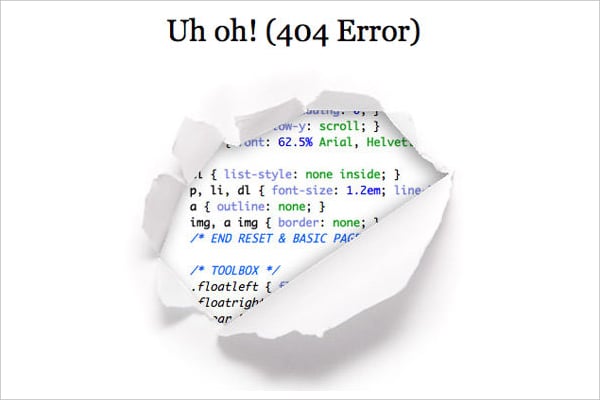
Ldfout = ld + " \\" +fout var cmdstr = new String ( ) Ĭmdstr = "latexdiff-so " +fold + " " +fnew + " > /dev/null" var proc = system ( "cmd /C " +cmdstr ,ld ) exec (fout ) var fout = new String ( ) įout =fout. Information ( "Select changes tracking file" ) įileChooser. exec ( ) var fnew = new String ( ) įnew =fnew. exec ( ) var fold = new String ( ) įold =fold. setFilter ( "TeX files (*.tex)" ) įileChooser. getCurrentFileName ( ) var ld = new String (cf ) cd to your current directory with old.tex and new.tex versions of your file. You can verify this works by launching the “Perl (command line)” app (or just the usual cmd tool) from the Windows start menu.
#SUBPACKAGE NOT FOUND IN TEXSTUDIO INSTALL#

Getting a macro to automate things in TeXStudio.Getting LaTeXdiff installed and working on your machine.So, to get LaTeXdiff up and running, took a little bit of effort, so here’s how I did it.

Now, of course, since the LaTeX world is free, things aren’t quite as slick and user-friendly for installing as paying $100s for M$ products. A tool to accomplish this in LaTeX is LaTeXdiff.

I’m using TeXStudio with MiKTeX in a Windows 10 environment (one step at a time…I’ll get to Linux eventually!).Īs a postgraduate student supervisor, I make changes to text quite a bit, and MS Word’s Track Changes is very good for highlighting these changes. Although I’ve been using MS Word + MathType for 15+ years, the frustration of bad typesetting, and the difficulty in changing formatting globally got too much for me. Recently I’ve started using LaTeX for my more mathematical writing.


 0 kommentar(er)
0 kommentar(er)
